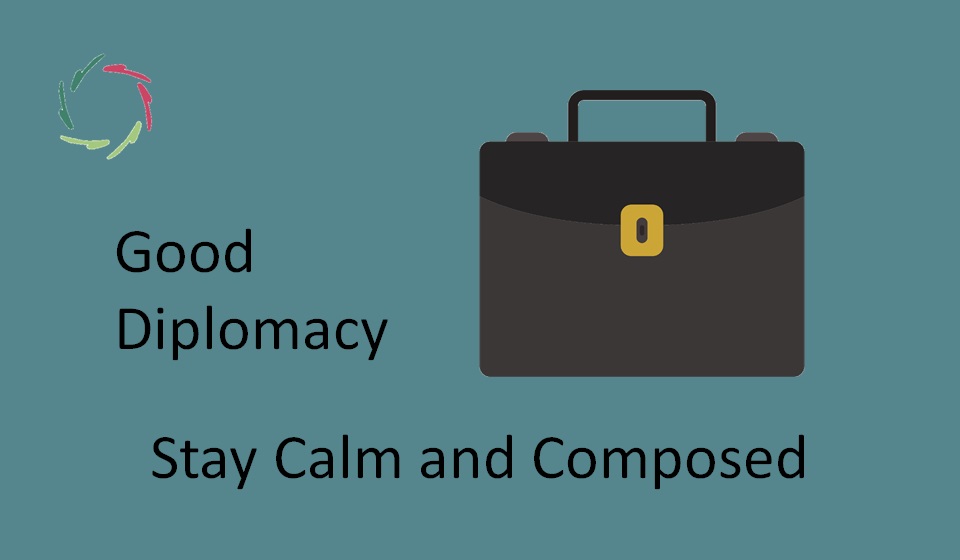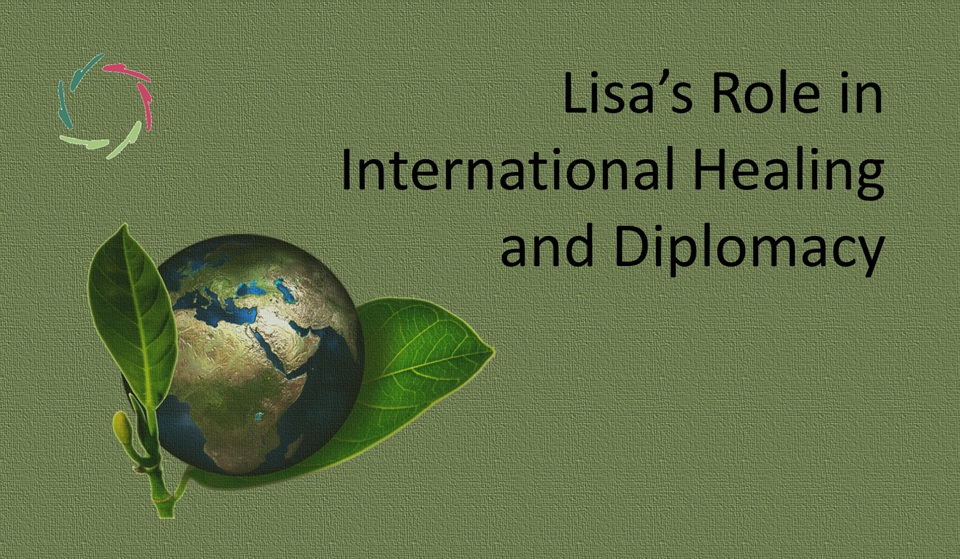Stay Flexible: Be Willing to Adapt and Compromise

By staying flexible, diplomats and negotiators can navigate complex issues more effectively.
Being willing to adapt and compromise shows a readiness to work together and find mutually acceptable solutions. Flexibility helps in navigating complex situations and achieving positive outcomes.
―
BEFORE TAKING THIS IN, PLEASE FIRST READ ‘TEN TIPS FOR GOOD DIPLOMACY’!
This is the ninth tip of the series.
―
Key Aspects
Keep an open mind
- Approach negotiations with a willingness to explore new ideas and solutions.
- Example: “Let’s consider your proposal and see how we can integrate it into our plan.”
Stay focused on the big picture
- Keep the overall goals in mind and be willing to adapt smaller details to achieve them.
- Example: “Our main objective is a stable and sustainable agreement. We can be flexible on the specifics to ensure we reach this goal.”
Be prepared to make concessions
- Identify areas where you can compromise without undermining your core objectives.
- Example: “We are willing to reduce our tariff demands if you can meet us halfway on regulatory standards.”
Adjust plans when necessary
- Be ready to revise your strategies based on new information or changing conditions.
- Example: “Given the recent developments, let’s adjust our timeline to accommodate the new situation.”
Seek win-win solutions
- Aim for solutions that benefit all parties involved.
- Look for areas where compromise can lead to mutually beneficial outcomes.
Adapt to changing situations
- Be ready to adjust your strategies and plans in response to new developments.
- Stay flexible in your approach to accommodate unforeseen changes.
Maintain a problem-solving attitude
- Approach negotiations with a mindset of resolving issues rather than winning arguments.
- Prioritize finding workable solutions over getting everything you want.
Encourage joint problem-solving
- Foster a collaborative environment where all parties can contribute to finding solutions.
- Example: “Let’s work together to brainstorm alternatives that address everyone’s concerns.”
Examples
Trade negotiations: In trade negotiations, flexibility might involve
- “Being open to adjusting tariff rates or trade quotas based on the other party’s economic conditions. If one party proposes an alternative trade route that benefits both sides, consider it even if it wasn’t part of the original plan.”
Peace talks: During peace talks, staying flexible could include
- “If the initial proposal for a ceasefire is met with resistance, be willing to explore alternative timelines or conditions that address the concerns of both sides. If the other party proposes a different method for disarmament that could work, consider integrating it into the plan.”
Environmental agreements: For environmental negotiations, flexibility might involve
- “Being open to different approaches to reducing emissions if the proposed methods better suit the other party’s capabilities. If one country suggests an innovative technology that achieves the same goals, consider adopting it even if it wasn’t part of the original proposal.”


